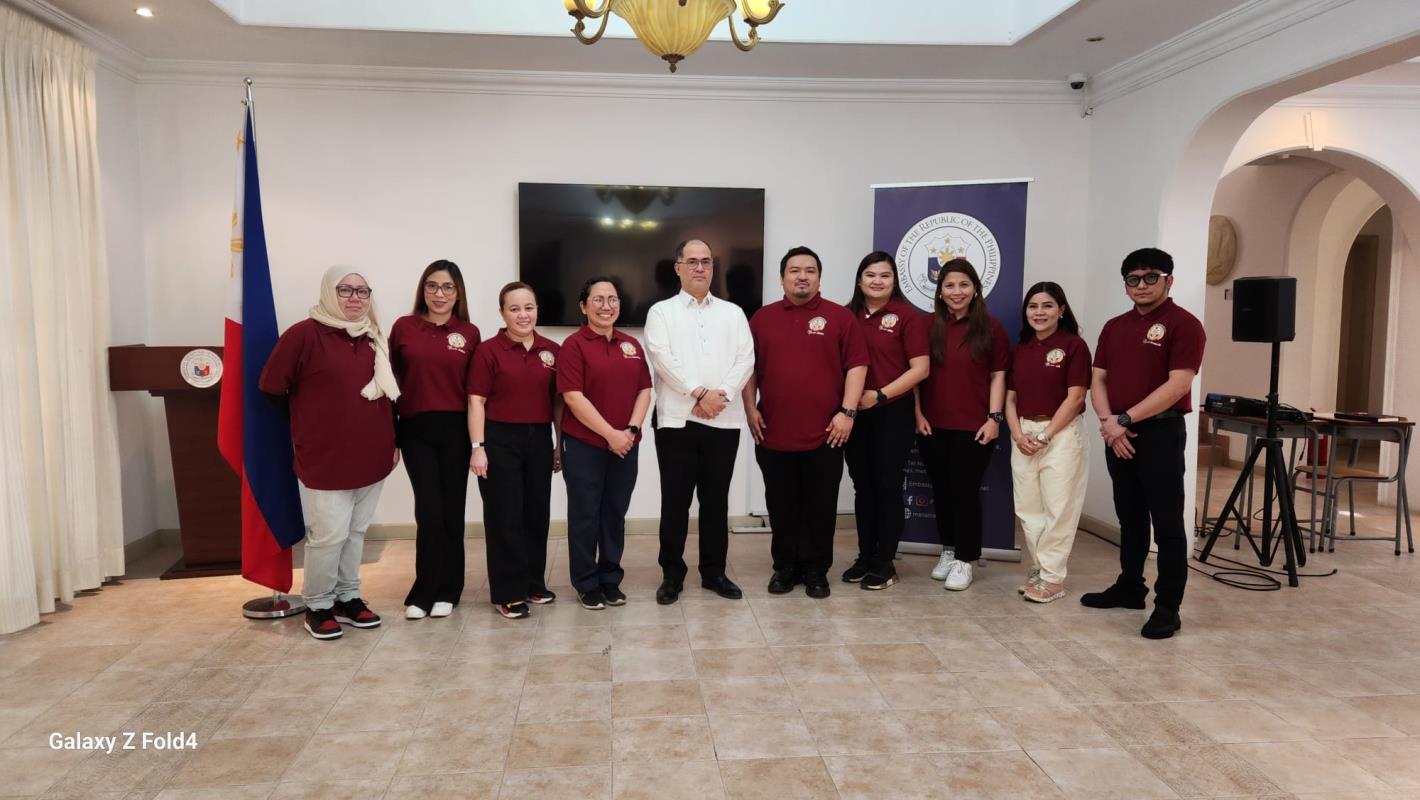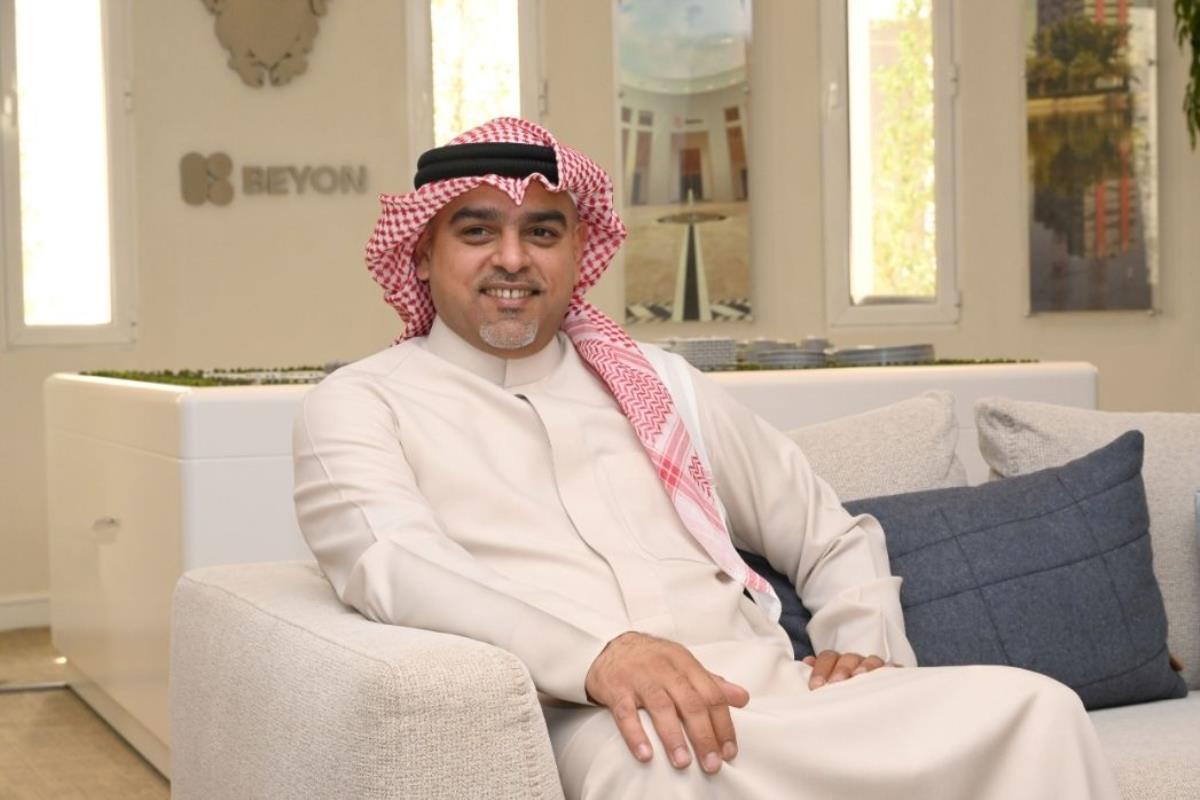According to Combatting fraud in a perfect storm, a new report from ACCA, cyberfraud now dominates both prevalence and materiality globally, amplifying all other risks. Procurement, abuse of authority, and third-party frauds follow close behind as the most prevalent types worldwide. Yet they remain chronically underreported, particularly in SMEs and the public sector.
Drawing on responses from over 2,000 professionals and 31 roundtable discussions around the world including from the Middle East, the study (launched during International Fraud Awareness Week) shows how fraud has become industrialised, converging across value and supply chains and outpacing conventional controls.
In collaboration with ACFE, IIA, CISI, ISC2, Airmic and ACi, the report introduces a new Prevalence vs Materiality matrix lens to help organisations make better decisions about allocating resources before fraud diminishes them. Through its companion Calls to Action and Thematic Typology, the report also provides new guidance on assessing what works and doesn’t, and crucially how to incorporate behavioural insights into risk governance, moving fraud prevention from compliance theatre to operational reality.
Key global findings:
- Cyberfraud ranks highest for both prevalence and materiality, 39% and 38% respectively, overall, acting as an amplifier for every other form of fraud and interconnecting with harder-to-stop frauds like crypto-linked crimes.
The survey showed that despite rising prevalence, only 10% of crypto fraud cases are referred to law enforcement – the lowest referral rate of any fraud type.
- Organised crime networks professionalising “fraud-as-a-service": fast-moving, AI-powered and cross-border operations outpacing traditional defences.
- Procurement, abuse of authority and third-party frauds are silent drains on value, often under-reported like many internal frauds, and misclassified as “operational leakage”.
- Cultural weakness and siloed accountability allow fraud to persist: while 62% of respondents agree that fraud awareness training is important, only 57% believe their organisation proactively looks for fraud and that drops to 51% for accountancy professionals, who emphasised fraud is silently eroding trust and organisational value.
- The survey found that the ease of reporting averaged 70% across fraud types even though fraud risk management maturity and trust in anti-fraud measures varied significantly by region, sector, teams and seniority.
“Fraud is no longer isolated or opportunistic,” said Rachael Johnson, head of risk management and corporate governance in ACCA’s policy and insights team. “AI has accelerated its scale and speed while lagging governance and siloed accountability still allow it to thrive in organisation’s processes and architecture. We need to start asking harder questions: Where are the blind spots? Who owns prevention? And how do we make integrity measurable?”
Kush Ahuja, Head of Eurasia and Middle East at ACCA, added: “This report should serve as a wake-up call for all organisations across the globe, particularly those in the private sector. It was encouraging to see Middle East finance professionals contribute their views. I am optimistic that working with businesses and fellow professionals from across the Middle East, accountants in businesses will take the lead in putting in place the governance and risk measures needed to address the fraud threat.”
The report calls for a collective reset, one that embeds proactive detection, strengthens accountability, and builds cultures where raising concerns is safe and expected. It emphasises that combating modern fraud requires uniting disciplines, modernising oversight and making integrity measurable.




































































